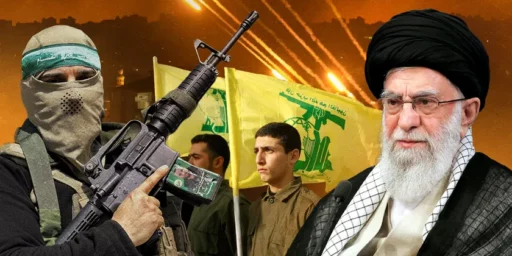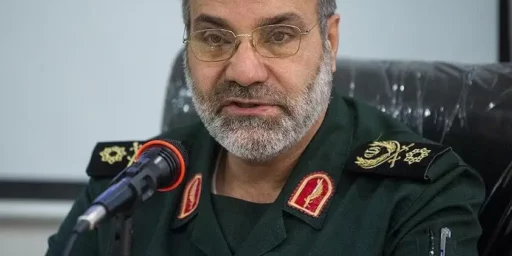The Emerging Middle East Security Paradigm
I’d like to draw your attention to a very interesting article from Parameters, “Iran and the United States: The Emerging Security Paradigm in the Middle East” (hat tip: Mark Safranski). The argument of the article is two-fold:
Iran is a crucial player not only in the Middle East, but more broadly in west Asia and the international arena. It can be a critical factor in shaping the future of Afghanistan, Iraq, Lebanon, and the Arab-Israeli conflict. In order to solidify recent strategic gains, Iran needs to reach some accommodation with major Western powers. Likewise, the United States and Europe need to constructively engage Iran in an effort to foster greater political stability and contain the violence inherent in the Middle East and west Asia.
I certainly agree with both propositions. How likely is the latter actually to take place? What responsibilities does the U. S. have in this process? Iran?
The article goes on to summarize Iran’s national security strategy, pointing out Iran’s need to bolster its defenses through a combination of clandestine network of supplies, cultivating Russian and Chinese resources, and developing its own indigenous military industry. Iran’s military vulnerability drives it to missiles and unconventional weapons. The article discusses Iran’s nuclear development program, reaching roughly the same conclusion as I have.
The next two sections deal with Iran’s attempts to cultivate support among its Arab neighbors and its strategy with respect to Israel, respectively. I found its discussion of the changes to the region’s strategic environment as a consequence of the hostilities between Israel and Iran’s client, Hezbollah, interesting:
- Doubts were raised about Israeli deterrence.
- Air power was of limited value in dealing with non-state Hezbollah (this is undoubtedly bad news to the U. S. Air Force folks who’ve recently been touting quite the opposite).
- The absence of a decisive Israeli victory increased the support for Hezbollah.
- The hostilities are “likely to further radicalize the Arab and Muslim masses and fuel anti-Israel andUS sentiment.”
- It made it more likely that Hezbollah would figure in Iran’s strategic calculus.
- It revealed the fragility of the present security arrangements in the region.
The article closes with a consideration of the consequences of continued hostility between Iran and the United States and calls for further engagement between the two countries.





